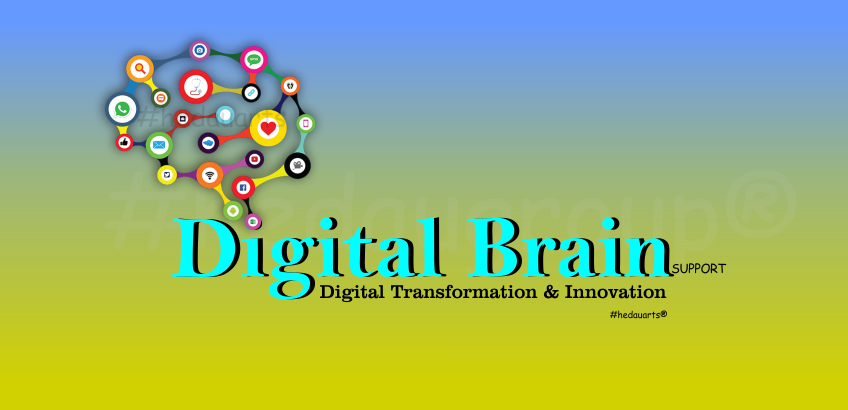Digital Transformation and Innovation
Digital transformation refers to the integration of digital technology into all areas of business, fundamentally changing how companies operate, deliver value to customers, and create new opportunities.It involves using digital tools, platforms, and data to:

Digital Transformation:
1. Enhance customer experiences 2. Improve operational efficiency 3. Develop new business models 4. Create innovative products and services 5. Make data-driven decisions
Key aspects of digital transformation include:
1. Cloud computing 2. Artificial intelligence (AI) and machine learning (ML) 3. Internet of Things (IoT) 4. Blockchain 5. Cybersecurity 6. Data analytics and visualization 7. Digital culture and leadership 8. Omnichannel engagement 9. Robotics process automation (RPA) 10. Virtual and augmented reality
Digital transformation offers numerous benefits, such as:
1. Increased agility and adaptability 2. Improved customer satisfaction 3. Enhanced competitiveness 4. New revenue streams 5. Cost savings 6. Better decision-making 7. Increased innovation
However, it also presents challenges, including:
1. Cultural and organizational changes 2. Talent and skills gaps 3. Cybersecurity risks 4. Data management and integration 5. Change management and adoption
To succeed in digital transformation, organizations must:
1. Develop a clear strategy 2. Foster a digital culture 3. Invest in talent and training 4. Embrace experimentation and innovation 5. Ensure robust cybersecurity measures
Let me know if you'd like more details or have specific questions!
Digital Innovation:
Digital innovation refers to the use of digital technologies to create new or improved products, services, processes, and business models that drive growth, competitiveness, and customer value. It involves leveraging digital tools, platforms, and data to:
1. Develop novel solutions 2. Enhance existing offerings 3. Improve customer experiences 4. Increase operational efficiency 5. Create new revenue streams
Key aspects of digital innovation include:
1. Emerging technologies (AI, blockchain, AR/VR, etc.) 2. Digital product development 3. Service design and innovation 4. Business model innovation 5. Digital platform strategy 6. Data-driven innovation 7. Agile methodologies and DevOps 8. Design thinking and user experience (UX) 9. Digital-physical convergence 10. Ecosystem innovation and partnerships
Digital innovation offers numerous benefits, such as:
1. Competitive advantage 2. Increased customer engagement 3. Improved operational efficiency 4. New business opportunities 5. Enhanced decision-making 6. Talent attraction and retention 7. Increased agility and adaptability
To drive digital innovation, organizations can:
1. Establish innovation labs or incubators 2. Foster a culture of experimentation and risk-taking 3. Encourage collaboration and cross-functional teams 4. Invest in emerging technologies and talent 5. Develop partnerships and ecosystems 6. Embrace agile methodologies and continuous learning 7. Focus on customer-centric design and experience
Let me know if you'd like more details or have specific questions!